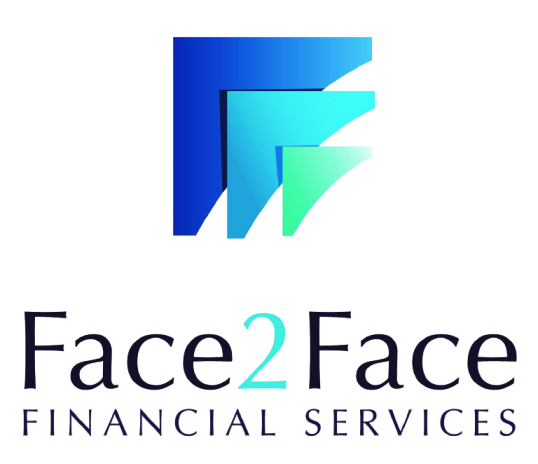You're staring at that mortgage statement, wondering if you should throw every spare penny at clearing the debt.
You're staring at that mortgage statement, wondering if you should throw every spare penny at clearing the debt. With the Bank of England reporting that newly drawn mortgages averaged 4.51% in January 2025, it's tempting to fast-track your way to mortgage-free living. But is it worth paying a mortgage off early, or should you keep your money working elsewhere?
The case for early repayment
You'll save thousands in interest
The maths is compelling. Making a £5,000 overpayment on a typical £250,000 mortgage at 5% interest could save you nearly £12,000 in interest charges and shorten your term by almost a year. That's a substantial guaranteed return on your money.
Peace of mind
There's something to be said for owning your home outright. Without mortgage payments, you'll have much more flexibility in your monthly budget, which is especially valuable if you're nearing retirement.
Protection against rate rises
If you're worried about future remortgaging costs, overpaying now means you'll have a smaller debt when rates potentially rise again.
The case against early overpayment
Your money might work harder elsewhere
If your mortgage rate is lower than the returns on safe investments or high-yield savings accounts, you might be better off keeping that money invested.
Tax-efficient opportunities
Before overpaying your mortgage, consider whether you're maximising tax-efficient savings. Pension contributions receive tax relief, and Lifetime ISAs offer a 25% government bonus on savings up to £4,000 annually.
Liquidity matters
Money paid into your mortgage is locked away until you sell or remortgage. Having readily available savings provides crucial flexibility for emergencies or opportunities.
Key considerations
Is it a mistake to pay off a mortgage early? Not necessarily, but first clear more expensive debts. Tackle credit cards and personal loans first, as these typically charge much higher interest rates.
Should you leave a small balance? Some people choose to keep a small mortgage instead of using up all their savings to pay it off. This way, you still have cash available for emergencies, especially if your mortgage rate is very low.
Watch out for penalties
Check your mortgage terms before overpaying. Many lenders typically allow around 10% annual overpayments without penalty, but exceeding this can trigger early repayment charges that typically range from 1-5% of the outstanding balance.
The bottom line
Whether you should pay your mortgage off early depends on your complete financial picture. If your mortgage rate is higher than any safe investment returns, overpaying makes sense. However, make sure you've built an emergency fund and maximised tax-efficient savings first.
For many facing today's higher rates, overpaying delivers substantial savings. But if you secured your mortgage during recent low-rate periods, your money might work harder elsewhere.
Speak with a qualified financial adviser who can review your situation and determine whether early repayment or alternative strategies work best for your circumstances.

